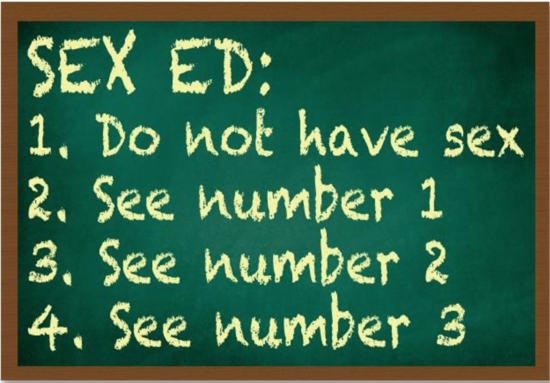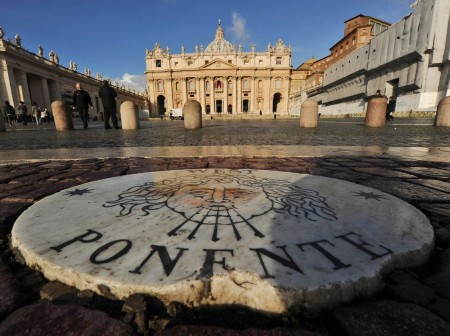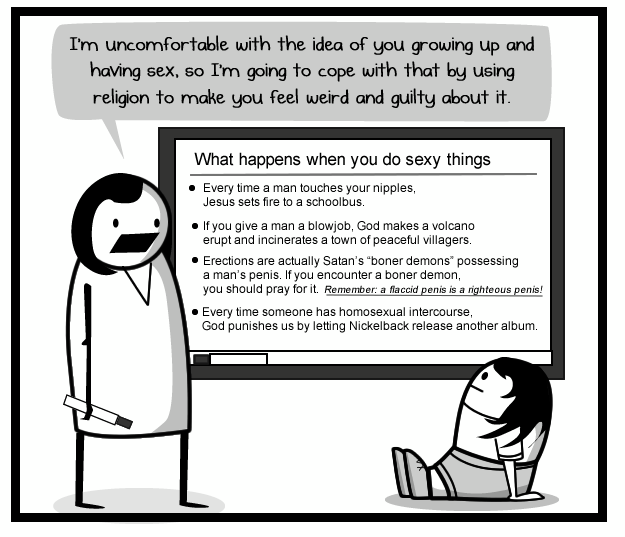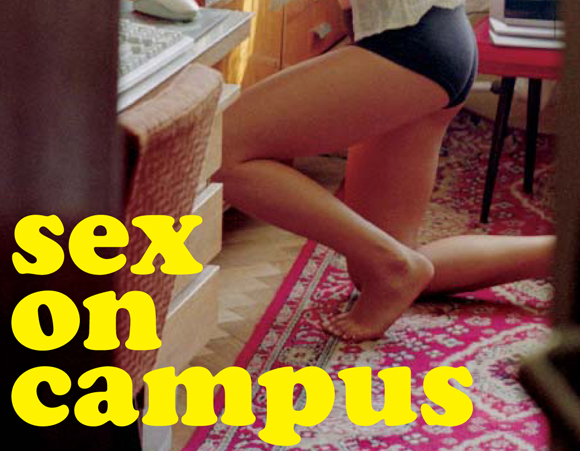
By Will Hazell
A Catholic relationship and sex education programme being used in UK schools says that contraception is “wrong” and suggests gay people should abstain from sex
Faith-based sex education resources which say men were “created to be the initiator in sexual relationships” and that women act as “receiver-responders” are being used in UK schools, i can reveal.
The resources, which form part of a Catholic relationships and sex education programme called A Fertile Heart, also say that contraception is “wrong” and suggests that gay people should abstain from sex.
A Fertile Heart was produced by a group of priests from the dioceses of Birmingham, Cardiff, Clifton and Shrewsbury, and has been approved by the Archbishop of Birmingham.
The programme was piloted in 43 primary and thirteen secondary schools in the Archdiocese of Cardiff, but is also being taught in at least one school in England.
‘Receiver-responder’
One chapter seen by i advocates “complementarity” – the idea that men and women were designed to have specific roles, particularly in sex and relationships.
It suggests that “within a romantic relationship between male and female, masculinity is more about initiating”, whereas “femininity is more about receiving and responding”. “Looking at things biologically, it does appear that man has been created to be the initiator in sexual relationships, and woman the receiver-responder”.
Discussing wider differences between the sexes, it says that “many couples find the woman tends to be better at communicating her emotions, whereas the man is sometimes better at knowing when to move on from such analysis”.
Gay marriage not ‘real’
The resources say that homosexuality should be treated with “sensitivity”, but adds: “We cannot deny the objective reality of sex being directed towards procreation and family, nor the link between this and marriage, commitment and parenthood.”
It links to a YouTube video featuring the American Catholic campaigner Jason Evert, who argues that gay people cannot have “real” marriage and should abstain from sex.
The resources cite the hormone oxytocin as a biological reason why “a woman tends to find it more difficult to enter uncommitted sexual relationships and is prone to suffer mentally and emotionally if sexual relationships fail”.
Pupils are told that the Church is clear that “all artificial contraception” is “wrong” and that “the pill bulldozes through and prevents the young woman understanding her fertility and femininity”.
A suggested lesson activity says pupils should discuss “whether contraception has truly liberated women, or actually made them more ‘available’ and vulnerable to being used”.
Dr Ruth Wareham, education campaigns manager at Humanists UK, said: ‘All the best evidence shows that outdated abstinence-based models of sex education like that peddled by A Fertile Heart don’t work and can even have a negative impact on sexual health outcomes”.
She said the resources used “pseudoscience and half-truths to back up its flimsy arguments”, and had “no place being taught in schools”.
‘Open to misinterpretation’
A spokesman for A Fertile Heart told i the programme was “designed primarily though not exclusively as a resource for Catholic schools”, and that the current revised edition was “in full conformity with the Church’s moral teaching” and had the “endorsement and active support of several Catholic bishops”.
The spokesman said that some paragraphs in an earlier textbook “were open to misinterpretation” and had been subsequently “edited”. The reference to men being initiators was “not speaking in terms of who decides whether sex happens or how”, but was about the the marital relationship of “mutual love and respect”. He said the reference to the effect of oxytocin was “written in the light of current research”.
On fertility, he added: “At a time when adolescents, especially female adolescents are getting attuned to the significant changes in their bodies, and learning to ‘read’ them, the claim that there is a potential risk that the Pill bulldozes through and inhibits a young woman understanding her fertility properly is a valid one not least as hormonal contraception can cause depression and high anxiety levels particularly in young girls.”
What the Government guidance says
In November, the Labour MP Stella Creasy asked the Government whether the material published by A Fertile Heart was permitted to be used for relationship and sex education (RSE). The schools minister Nick Gibb said it was “for schools to decide which resources they choose”. He did not directly criticise A Fertile Heart, but said that “schools should not work with agencies that take extreme positions, and this should also be reflected in the school’s choice of resources”.
The Department for Education’s guidance on RSE says schools should be “alive to issues such as everyday sexism, misogyny, homophobia and gender stereotypes and take positive action to build a culture where these are not tolerated”. It says that by the end of secondary school students should be given “the facts about the full range of contraceptive choices, efficacy and options available”.
It says religious schools “may teach the distinctive faith perspectives on relationships, and balanced debate may take place about issues that are seen as contentious”.
Humanists UK said the Government should “remove the faith-based carve-outs to the law on RSE”.
Complete Article ↪HERE↩!




